You may have heard of the recent case filed against Bittrex Global GmbH by the SEC, alleging that Bittrex was operating an unregistered national securities exchange, broker, and clearing agency. While there’s a lot going on in this case, there are a few points we wanted to quickly highlight for your attention.
(Standard Disclaimer: we’re lawyers, but this isn’t legal advice. Unless you’ve signed an engagement letter with us, we don’t represent you. If you’d like us to represent you, please contact us through this website.)
First, the SEC’s case is based on the premise that Bittrex had made available for trading on its platform crypto tokens that were actually securities. (Specifically naming OMG, DASH, ALGO, TKN, NGC, and IHT). This is in line with previous SEC complaints applying the Howey test (used in the U.S. to determine whether an instrument is an investment contract and thus a security) to crypto assets. The analysis for each token is largely centered around the project backers’ public-facing statements, including whitepapers, blog posts, and so on.
The SEC’s approach in this case isn’t new – it lines up with the SEC’s approach in previous cases, and the stance we’ve taken at 1121 Law in analyzing the status of tokens as securities for clients. This case reinforces the importance of a subject we frequently raise with clients: public-facing statements. The Howey test is heavily premised on the reasonable expectations of potential investors, and those reasonable expectations will substantially be based on the information available at the time. Policing your own statements (even casual statements, as in a Discord channel) may go a long way toward staying away from the wrong side of an SEC enforcement action.
Second, Bittrex was aware of the issues surrounding the public-facing statements about tokens by their project backers, and took steps to reduce or eliminate those issues. As the SEC notes, “Bittrex routinely directed that crypto asset issuers ‘scrub’ their offering and marketing materials of ‘investment-related terms,’ including language that would ‘get unwanted attention from the SEC.’”
Unfortunately for Bittrex, this was likely a case of “too little, too late.” The “problematic statement cleanup,” as Bittrex called it, usually occurred after the initial offering of the crypto asset. In other words, as the SEC notes, “the issuers of the crypto assets had already marketed, offered, and sold the crypto assets to the investing public by using the very ‘problematic statements’ that Bittrex recognized were ‘investment-related terms’ that indicated the assets could be securities.”
The takeaway here is that while it’s likely a good idea to keep an eye on your public-facing statements, it’s important to do so before an ICO. Once the tokens are generally available, such “scrubbing” won’t change the economic realities involved or the motivation for previous token purchasers. This is a situation where taking steps ahead of time may be crucial.
Finally, it’s worth noting several of the crypto assets alleged to be securities by the SEC – such as DASH and ALGO – are also listed on major exchanges such as Coinbase, which have not yet been the subject of enforcement actions (although the recent “Wells Notice” sent to Coinbase suggests that an action may be forthcoming).
While this approach may appear contradictory, the SEC has taken the stance that “the crypto markets suffer from a lack of regulatory compliance, not a lack of regulatory clarity,” as SEC Chair Gary Gensler noted in the press release for the Bittrex case. In other words, the SEC appears to be stating that a lack of enforcement in any particular instance doesn’t mean that securities laws are being complied with, simply that they haven’t gotten around to filing an action yet. If this is the case, we may see enforcement actions ramped up in the coming months and years, even against major players in the crypto space. In the absence of legislation from Congress, the SEC’s regulatory approach to the space, which would treat many, if not most, widely-traded crypto assets as securities, may continue to be the “law of the land.”


